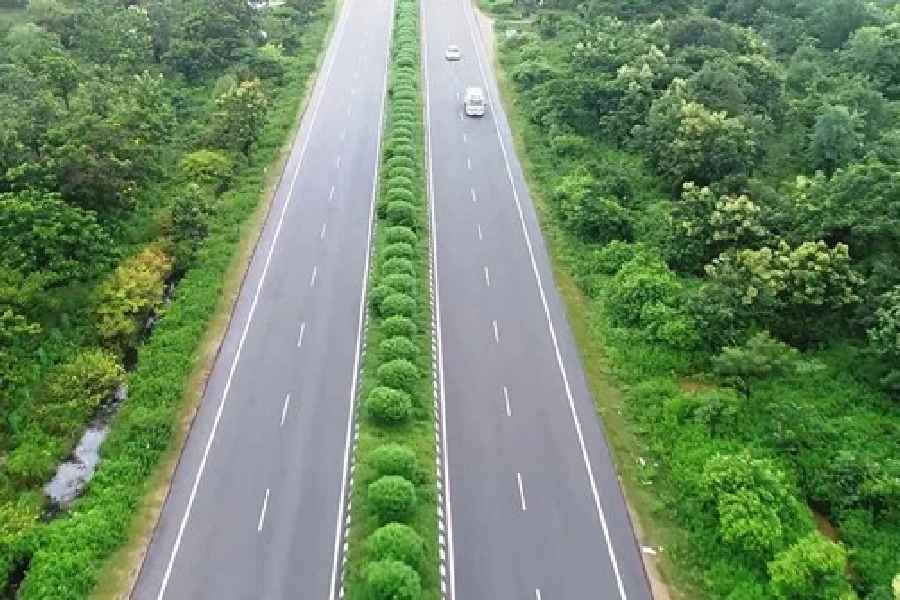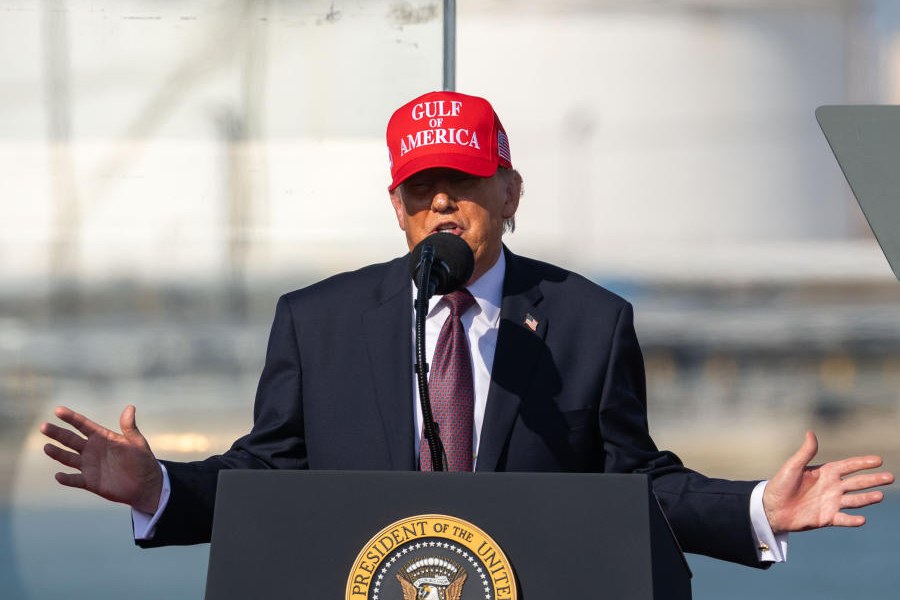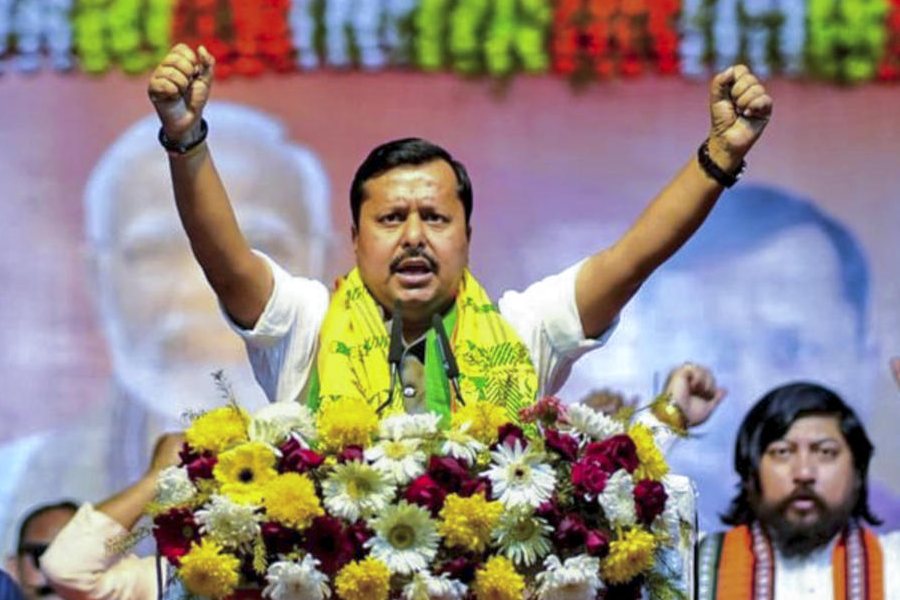The Supreme Court has dismissed the Union government’s plea to not pay solatium and interest to thousands of land owners across the country from 1997 till September 18, 2019, inflicting a liability of ₹100 crore on the National Highway Authority of India (NHAI).
The apex court rejected the NHAI’s plea that solatium and interest to land owners should be applicable only from September 19, 2019 — the date the top court ruled in the case of “Union of India vs Tarsem Singh and others” that landowners are entitled to solatium and interest.
The apex court in the ruling on Tarsem Singh had quashed Section 3J of the National Highways Laws (Amendment) Act, 1997, which excluded “solatium and interests” by the NHAI.
The Centre had filed the present application before the Supreme Court pleading the judgment delivered in the Tarsem Singh case had triggered a chain reaction of writ petitions by landowners.
Appearing for the NHAI, solicitor-general Tushar Mehta had argued if the judgment in Tarsem Singh is applied retrospectively, it would necessitate reopening all acquisitions made by the NHAI between 1997 and 2015. The government would be obligated to compensate every claimant whose land was acquired by the NHAI.
Dismissing the appeal, a bench of Justice Surya Kant and Justice Ujjal Bhuyan said the application moved by the NHAI “represents a second attempt to evade impending liability.”
“The clarification sought through this Application, if entertained, would effectively amount to a review of the decision in Tarsem Singh (supra). It would also enable the Government to withdraw from its previously stated position, wherein it had agreed to extend the benefit of ‘solatium’ and ‘interest.”











